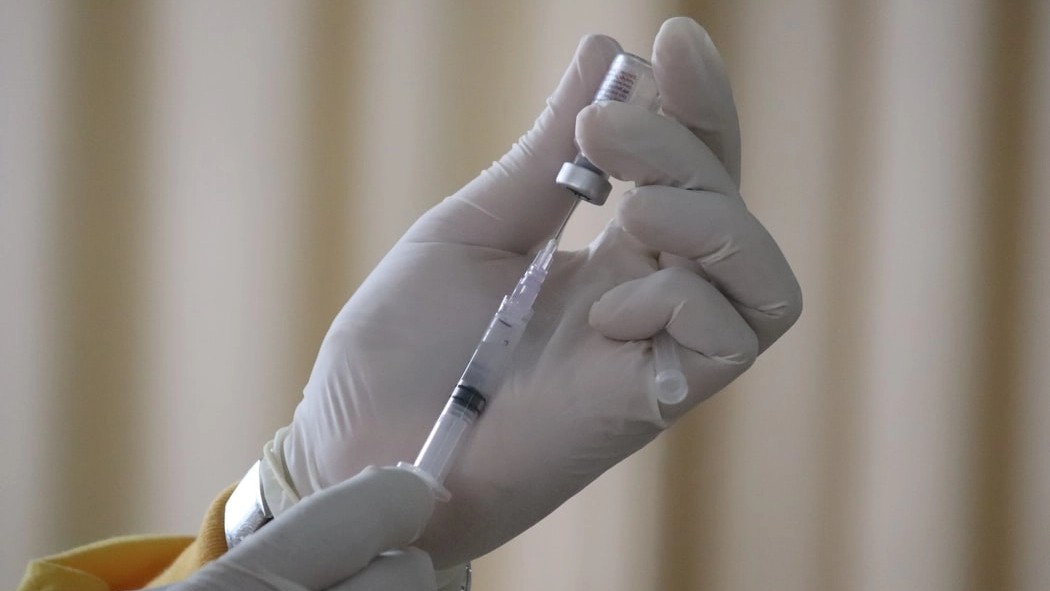The haemophilia community in Maharashtra is facing an alarming crisis as life-saving medications, including Factor VIII, Factor IX, Factor VII, and APCC for inhibitor patients, remain unavailable in government hospitals. Despite relentless advocacy efforts by the Hemophilia Society Mumbai Chapter and other concerned groups, the National Health Mission (NHM) has failed to resolve the issue, leaving thousands of patients vulnerable to severe pain, permanent disability, and even death.
Maharashtra has more than 5500 haemophilia patients. For over two months, representatives from the Hemophilia Society Mumbai Chapter have held meetings with NHM officials, including on October 17, November 21, and December 5, urging immediate action. However, no resolution has been reached. On December 13, 21 patients seeking treatment at KEM Hospital, a major hemophilia care center in Mumbai, were turned away due to a lack of stock.
The crisis is compounded by logistical hurdles. The daycare center at Thane civil hospital, one of the key treatment facilities, operates only until 4pm, making it inaccessible for patients travelling from distant areas. Many patients from Mumbai and other regions arrive after hours, unable to receive the treatment they desperately need. Additionally, the Thane facility has begun rationing its limited stock of clotting factors after NHM cancelled its procurement tender due to a lack of bidders.
The absence of advanced, long-acting clotting factors further exacerbates the issue. These factors, which require only weekly infusions, are more efficient and cost-effective in the long run. However, they remain unavailable in government hospitals, forcing patients to endure frequent and disruptive treatments. “This neglect is creating more disabled people instead of empowering us. Without treatment, we cannot work, study, or support our families. The government is failing to protect our basic rights,” said Jigar Kotecha, honorary secretary of the Hemophilia Society Mumbai Chapter.
The advocacy groups have demanded immediate action. Outlining the demands, they said there should be an uninterrupted supply of clotting factors to all government hospitals and NHM’s procurement process should be streamlined to prevent future delays. Apart from this, they also demanded an extension of operational hours at treatment centers like Thane hospital to accommodate patients from remote areas. KEM Hospital, globally recognised as a training hub for hemophilia care, is now struggling to provide even basic treatment. Advocacy groups warn that the ongoing crisis will lead to an increase in permanent disabilities, economic hardships, and preventable deaths.
“Patients are crying in pain. Surgeries, accidents, brain bleeds, and abdominal bleeds pose life-threatening risks. The government must act immediately,” said Kotecha.
The community has also urged Maharashtra’s Chief Minister to intervene directly and allocate state funding for hemophilia treatment, which currently stands at zero. They also demand immediate procurement and distribution of life-saving medications to all government hospitals.
